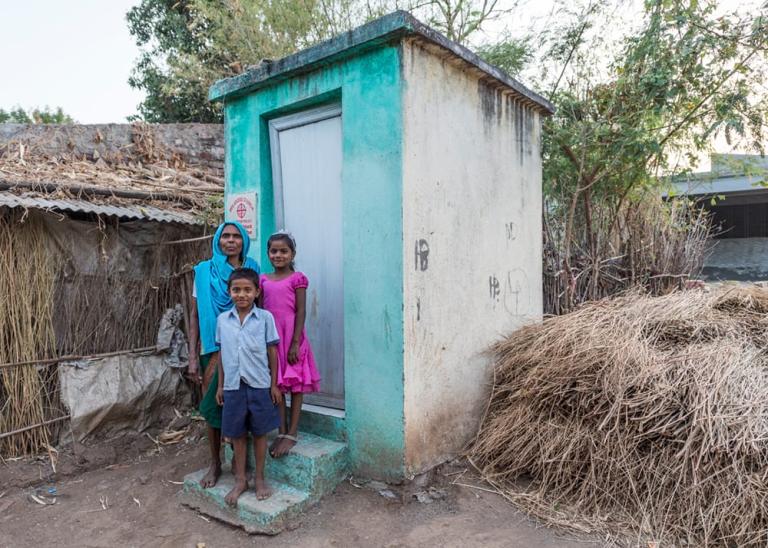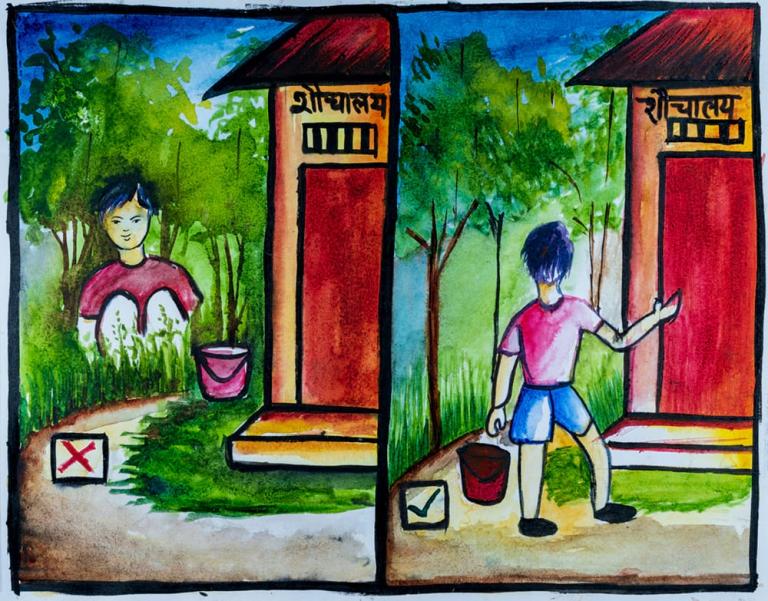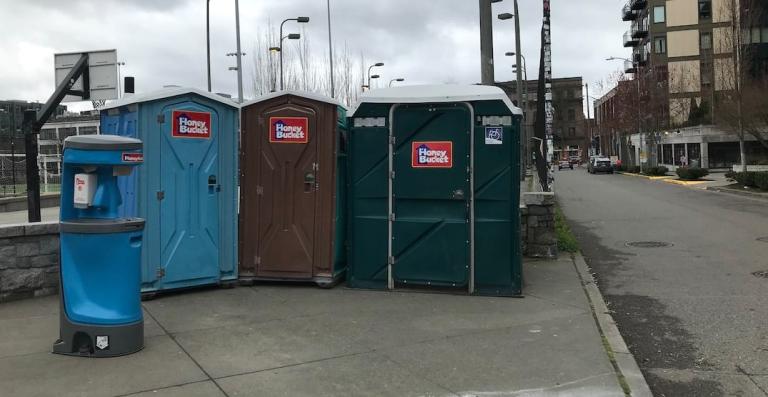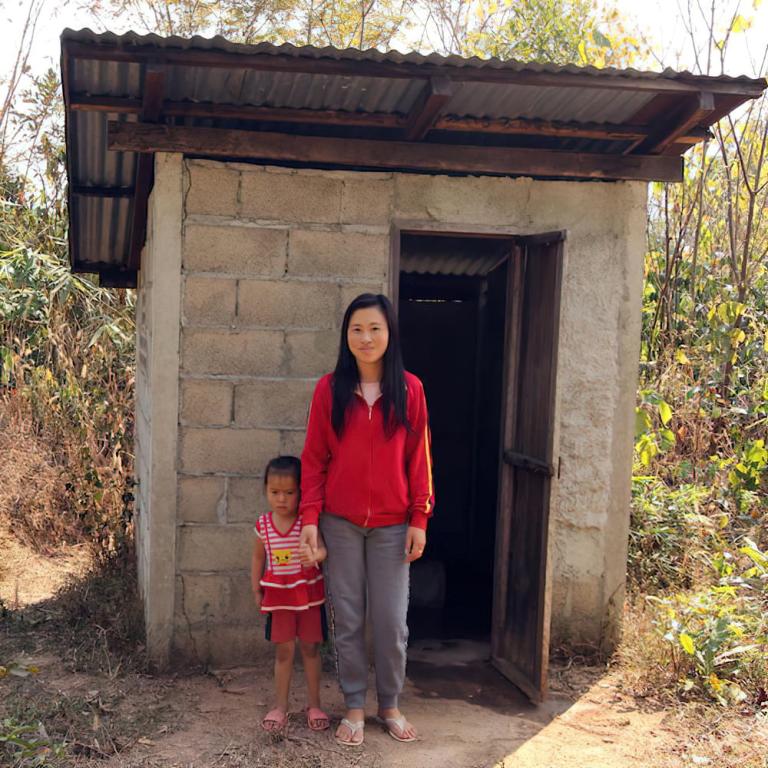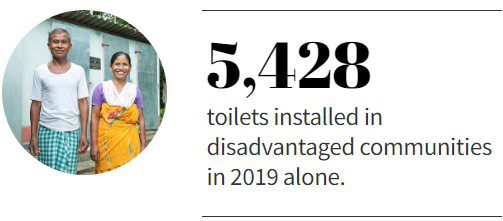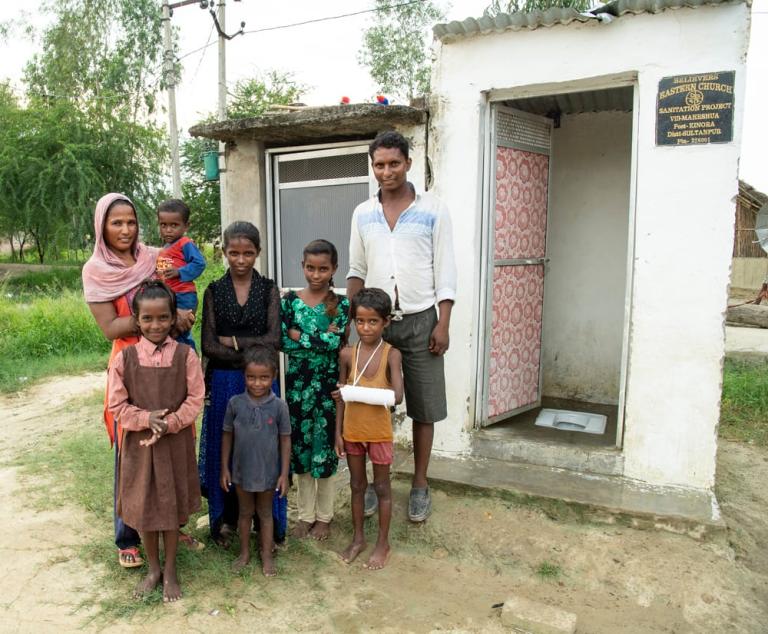WILLS POINT, TX – Gospel for Asia (GFA World) founded by KP Yohannan, which inspired numerous charities like Gospel for Asia Canada, to assist the poor and deprived worldwide, issued this Special Report on the ongoing fight against open defecation, using outdoor toilets to improve sanitation.
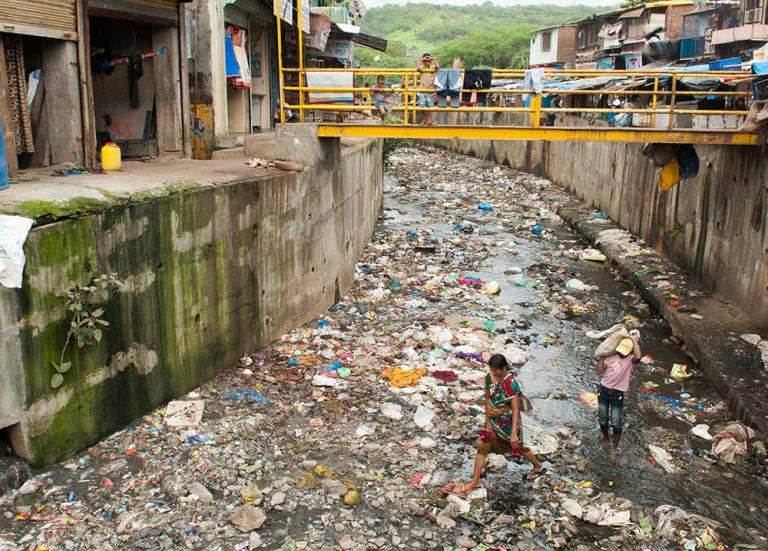
What Do the World’s Sanitation Problems Have to Do with Us?
For those of us with indoor flush toilets—and clean ones at that—with sewer lines that carry waste to treatment facilities, and who live in places where waterborne and airborne bacteria are not a hazard, our response to this crisis is probably, So what? We don’t say this out loud, but like so many other dire extremes jockeying for our attention, it doesn’t really touch our lives.
However, in a majority of places, America is starting to suffer from failing infrastructure. Most of us think of that in terms of roads and bridges needing repair or major overhauling, a transportation issue. Yet infrastructure means water service, too.
Just two years ago, reporters from the Chicago Tribune conducted an exposé of the high bills being charged for water in underserved metro area neighborhoods. Maywood residents in a western suburb paid one of the region’s highest water rates, because older pipes allow major seepage. Of the 946 millions of gallons that Maywood bought from neighboring Melrose Park in 2016, some 367 million gallons, or 38.7 percent, never made it to taps. That cost residents in an already cash-strapped population nearly $1.7 million more than residents paid in other towns of similar size. And the poor are tapped for a disproportionate share of the bill.
Water problems may be closer than we think. In a 2012 article for a Yale University publication, reporter Cheryl Colopy—author of Dirty, Sacred Rivers: Confronting South Asia’s Water Crisis—warned: “In the United States, sewage treatment has not been a problem for the past half-century, but it could become one again as infrastructure ages and fails—especially if there is a lack of government money to replace it. In addition, certain regions of the U.S. are expected to experience water shortages as temperatures rise. New, water-saving, decentralized toilet technologies may need to be adopted not only in places like South Asia, but also in parts of the industrialized world.”
Indeed, we may be thinking more about sanitation issues in the near future. And, the burgeoning technologies used to solve defecation problems and to discover clean water solutions in the developing world may be solutions we will also seek not far down the road.
Women are prone to assault, disease runs rampant, and lives are at risk: all a result of using the bathroom outdoors.
What If You Didn’t Have a Toilet?
So I remind myself of toilet scenarios I do know about, then extrapolate some personal situations. Our home, in which we have lived for 40 years, has a septic system. During that time, we have suffered power outages amid extreme storms, meaning no water could be pumped from our underground well; this disabled our showers, faucets and toilets. I used to store plastic bottles of water so when things went black we could still brush our teeth, dress by candlelight and—get this—flush our toilets. If the power did not come back on for a couple days, frozen food thawed and excess detritus threatened to overflow the toilet basin.
So I extrapolate: What if this happened all the time? What if sewer lines broke, got clogged and backed up regularly? What if I lived in poverty, with no plumbers, no money and no electric company to call to fix this? What if I had to stand in line to use a communal latrine where flies buzzed, the floor was filthy, someone had evacuated due to acute diarrhea, and no one wanted to clean the mess? Now we’re getting closer.
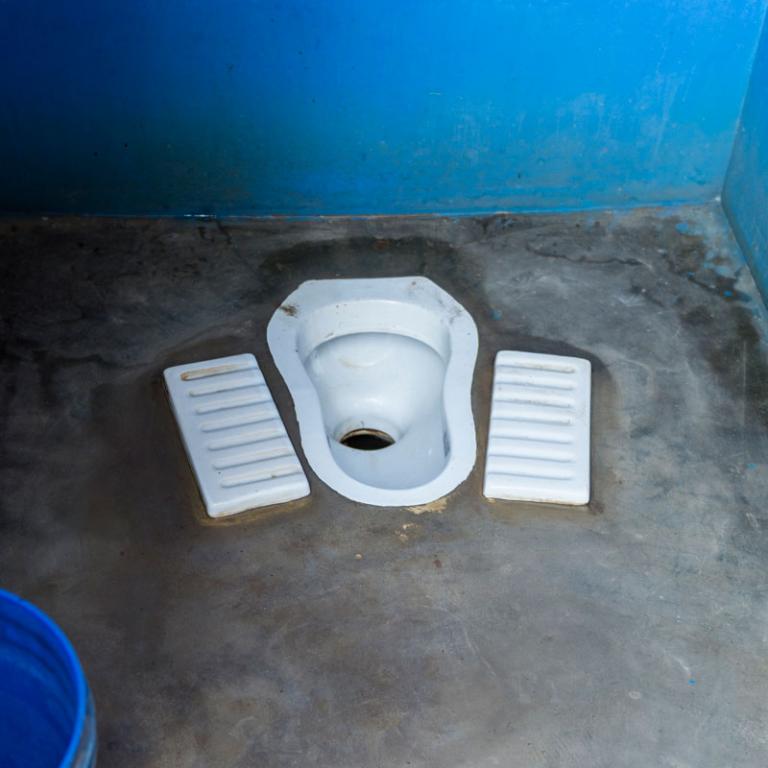
In refugee camps overseas, my travel companions and I held ridiculous discussions about who had invented squat toilets: men or women? Someone shot a photo of me holding a rickety latrine toilet door upright while a woman coworker trusted me to guard her privacy while she did her business. We may laugh, but for most of the world this situation is not a laughing matter. Smelling an overflowing latrine from 20 feet away might persuade even a Westerner to think similarly, even if only metaphorically. In truth, I don’t like the few outhouses I’ve been forced to use in the States, nor many of the spooky national park public facilities. If I can help it, I certainly avoid portable potties at public events.
When Your Septic Tank Problems Bring Embarrassment
My last attempt at toilet empathy. About 10 years after we moved to West Chicago, Illinois, our neighbor knocked on the door and apologized for complaining about the standing stinking water seeping into his property.
“I think you may be having trouble with your septic system,” he reported, a bit embarrassed.
I called two septic companies. One said I needed to have the whole septic field replaced; cost: $10,000. The other service man diagnosed another problem but with a similar estimate. Then I went to the DuPage County Health Department and asked what septic firms they would recommend. I called Black Gold, whose reps complained about the septic map drawn by the company that laid our field—that was now leaking.
“Would the health department let us get away with a layout like this?” he asked his partner. They both obviously thought the field plan had been rendered by some septic idiot. Sure enough, after spending about 45 minutes prodding our three-quarters-of-an-acre lot with long poles, they said: “Lady, you don’t need no new septic field. The lines of what’s there ain’t connected to the tank.” Their fee: $3,000. I made a garden from areas torn up by their repairs.

So what if I lived somewhere that permanently seeped smelly, vile, germ-ridden, brown liquid? What if the river at the back of the land was a running sewer, and my grandchildren couldn’t romp and splash in it? What if the fields were filled not only with animal feces but the excreta of some 300 neighbors?
You can come up with your own empathy-building stories.
Communities Band Together to Improve Sanitation
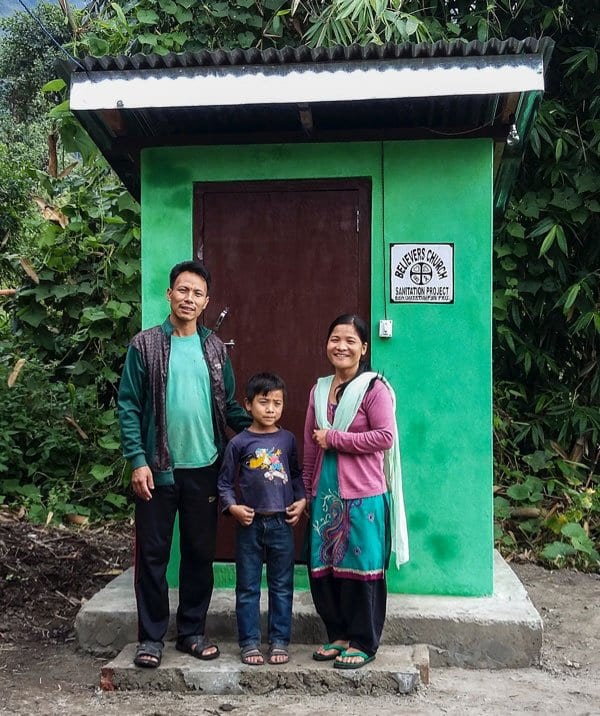
Prime Minister Modi and his teams are sold on community-led initiatives, and so should they be. Change works best when a whole population is committed to seeing it happen.
Community development often works best when it is exactly that: an idea that grows out of the mind of a local visionary, capable of strategic thinking but with compassion for those nearby—his or her neighbors. And when a whole community becomes involved in “cleaning up its act,” few powers on earth can withstand such initiative.
Now what’s interesting about Gospel for Asia’s stories surrounding sanitation is that it is the local pastor in the village, who out of concern and knowing that open defecation has deadly disease-breeding potential, exercises compassion to love his neighbors through his concern about the availability of latrines.
This is an excerpt from a Gospel for Asia (GFA) story that appeared on last year’s World Toilet Day. It concerns a family in one community forced to use the open fields to defecate because they had no other proper place.
Malak, before being touched by Christ’s love, had been an alcoholic. After reading the entire Bible from start to finish, Malak was transformed and abandoned the bottle. Some years later, he met Jaki, and they were married.Eventually, the couple were blessed with two children. It seemed as if all was right for Malak and his family. However, a singular problem arose: The family had no toilet. The nearest place to relieve themselves was a little less than a mile away. During extreme weather, the family was forced to stay indoors, rendering those facilities useless. Going outside in the open was degrading and unhygienic, and at nighttime it was dangerous—who knew what kind of wild animals lurked about?
However, Malak and his family prayed, and their requests did not go unanswered. During a GFA Christmas gift distribution, they received a complete sanitation facility. They no longer had to trek half a mile just to use the bathroom or use the outdoors in fear.
What an extraordinary example of love in practical action.
“Love the Lord your God with all your heart and mind and strength. And love your neighbor as yourself.” —Luke 10:27

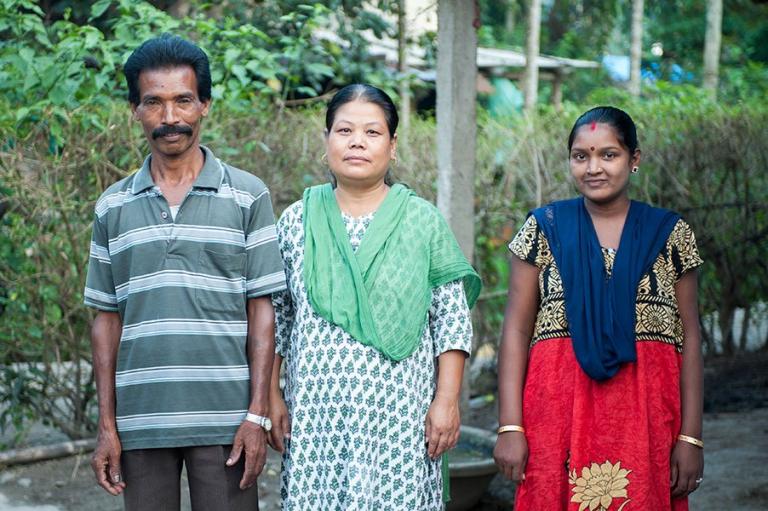
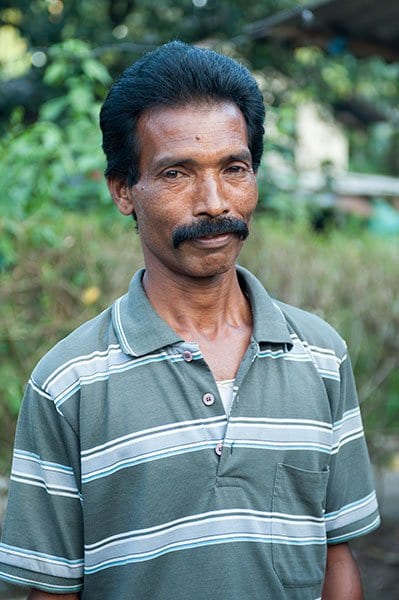
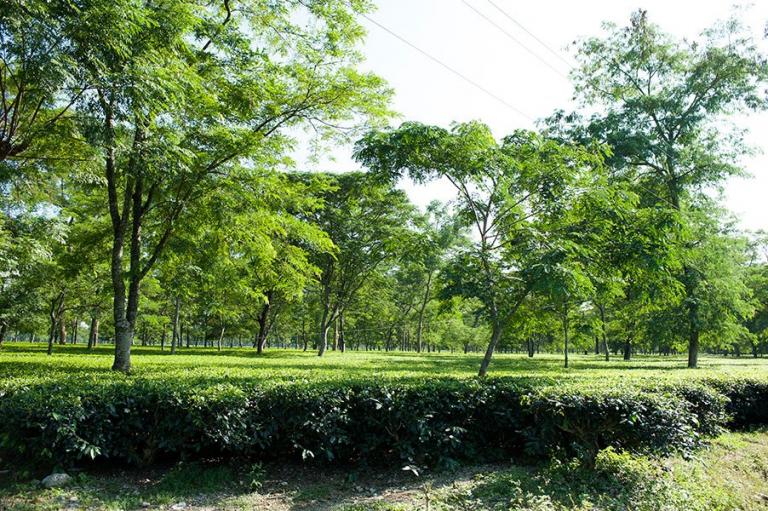
On the Brink of Innovations, Change in Sanitation
Toilet technology is on the edge of remarkable, cost-effective, ecologically friendly frontiers. They’re becoming self-cleaning and solar-powered. A solar-powered toilet that converts waste into charcoal can then be used as fertilizer. An indoor toilet that works like a garden composter, spinning the contents and reducing odor and the number of dangerous pathogens. Portable rickshaw toilets. A community bio-digester toilet designed to convert human waste into gases and manure. Once ideas begin flourishing, there is no limit to what can happen.
Granted, Prime Minister Modi’s ODF csampaign may take a little longer to succeed. But the hardest pull of any new effort is at the beginning. Once new ideas start rolling, they gather steam. Some new toilet technologies may become catalysts as well. In addition, there are hundreds of international organizations working on sanitation solutions. They understand that one size does not fit all the variables that make up the particulars in this vast discussion, but added all together, it is a prohibitive association with evidence of remarkable dedication.
A Canadian doctor, one of those “creative renegades” unhappy with the condition of the world who I have come to admire and love, was appointed as a provincial health officer in the highlands of Papua, New Guinea. During an aerial survey, he and his team discovered one distinctly cleaner and healthier village. Far below lay the evidence of what turned out to be a pastor with basic health training who had taught his people those lessons; the difference could be seen from the air. Inspired, they searched for a more integral way of ministering and soon began using a community health evangelism methodology, which had been developed in Africa.
Sometimes we get lost in the details on the ground. We need to stand back, take deep breaths and find some way to gather broader assessments—an aerial view. Progress is being made; it’s just a little harder in some places than in others. I’m proud that Gospel for Asia is one of the players.
Shout Out to Toilets!
Christianity has everything to do with sanitation. We serve a God who is expecting us to help restore the world He created to its original design. That is a world, among many other things, without rampaging diseases. One day, Scripture promises, it will be a world without death and suffering. So in this interim, let’s hear a shout out for all the toilets in the world!
For only $540, you will help reduce the risk of common diseases by providing a family with an outdoor toilet.
About Gospel for Asia
Gospel for Asia (GFA World) is a leading faith-based mission agency, helping national workers bring vital assistance and spiritual hope to millions across Asia, especially to those who have yet to hear about the love of God. In GFA’s latest yearly report, this included more than 70,000 sponsored children, free medical camps conducted in more than 1,200 villages and remote communities, over 4,800 clean water wells drilled, over 12,000 water filters installed, income-generating Christmas gifts for more than 260,000 needy families, and spiritual teaching available in 110 languages in 14 nations through radio ministry. For all the latest news, visit our Press Room at https://press.gfa.org/news.
Read the rest of Gospel for Asia’s Special Report: Fight Against Open Defecation Continues – Using Outdoor Toilets to Improve Sanitation — Part 1
Learn more by reading these Special Reports from Gospel for Asia:
- Fighting Global Poverty with Ideas — Uprooting poverty requires education that transmits values
- Winning the Ancient Conflict Between Man and Mosquito — Know Your Enemy or Succumb to Vector-borne Diseases
This Special Report originally appeared on gfa.org.
Read what Christian Leaders have to say about Gospel for Asia.
Click here, to read more blogs on Patheos from Gospel for Asia.
Learn more about Gospel for Asia: Facebook | YouTube | Instagram | LinkedIn | SourceWatch | Integrity | Lawsuit Update | 5 Distinctives | 6 Remarkable Facts | 10 Milestones | Media Room | Fighting Global Poverty | Endorsements | 40th Anniversary | Lawsuit Response |
Notable News about Gospel for Asia: FoxNews, ChristianPost, NYPost, MissionsBox


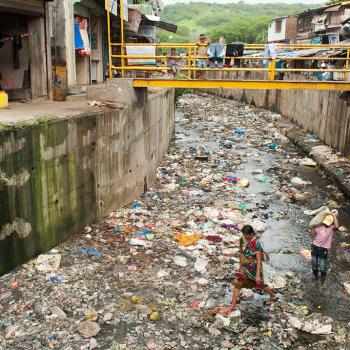
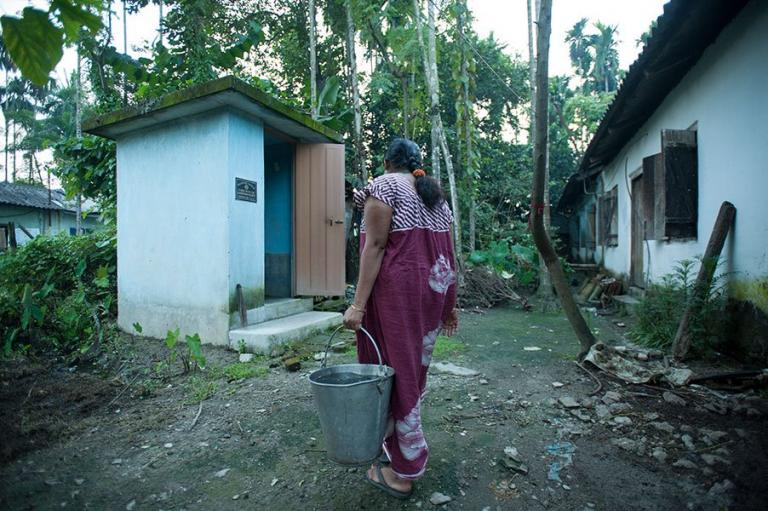
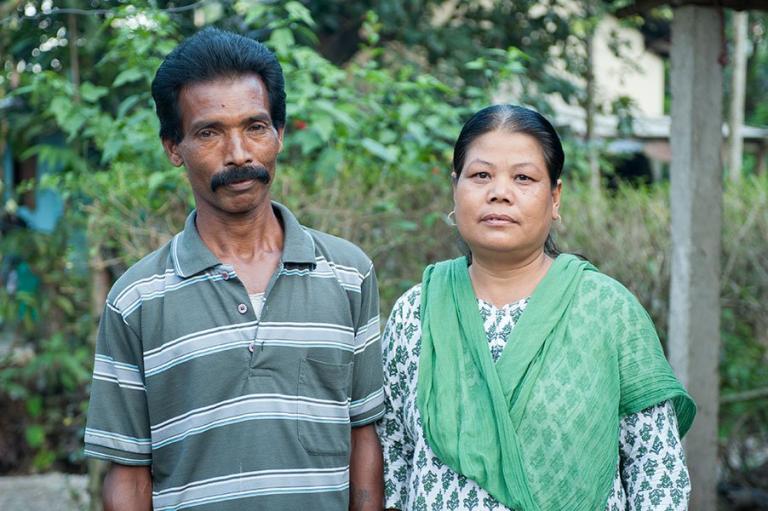
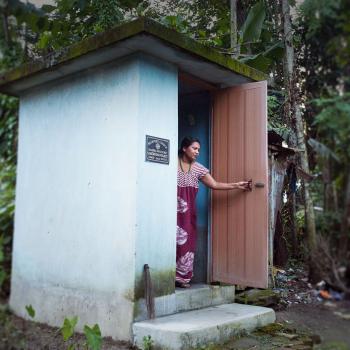
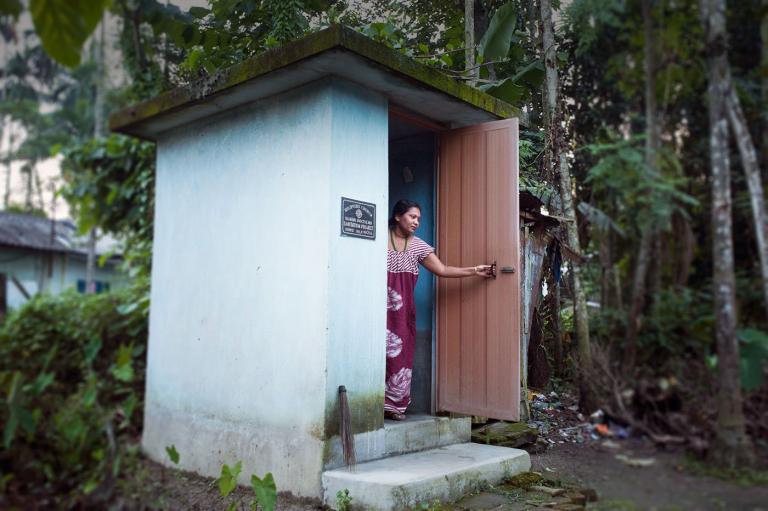

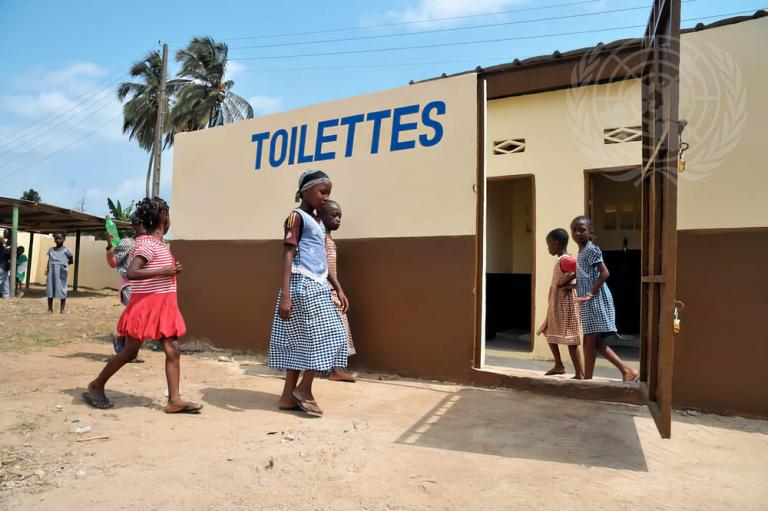
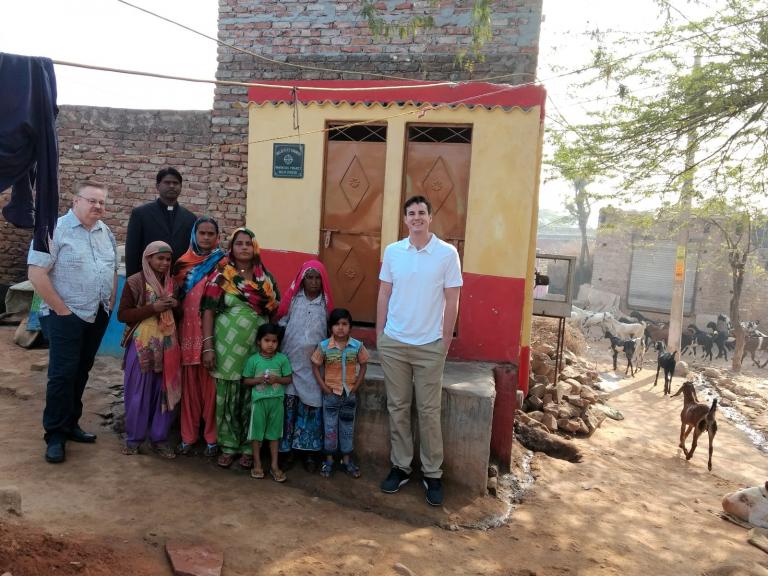
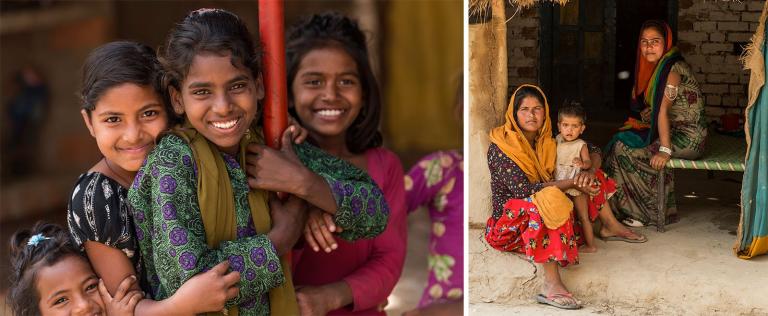
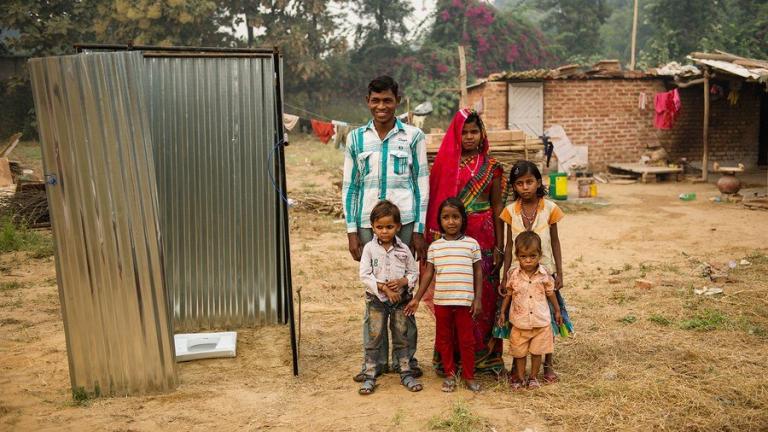
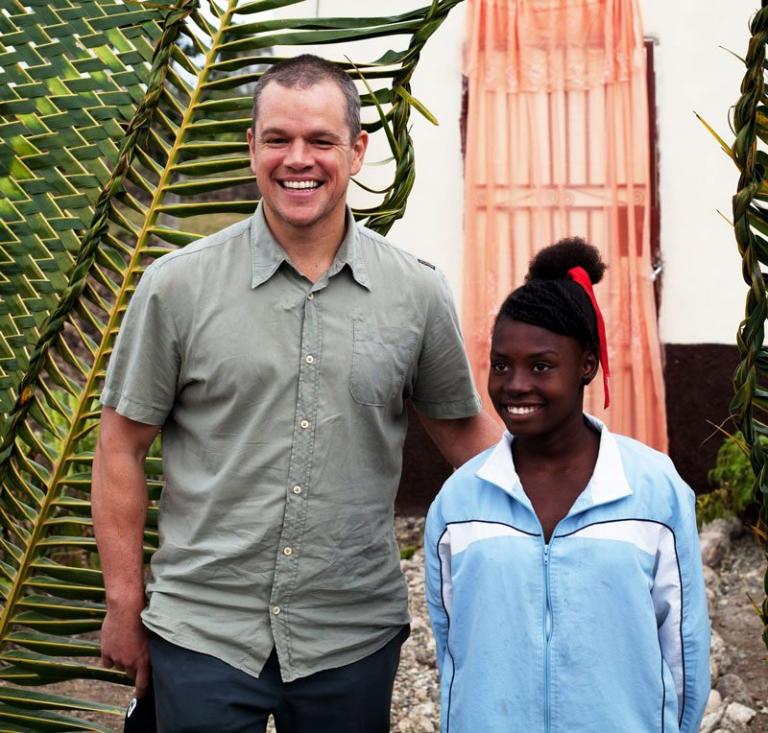

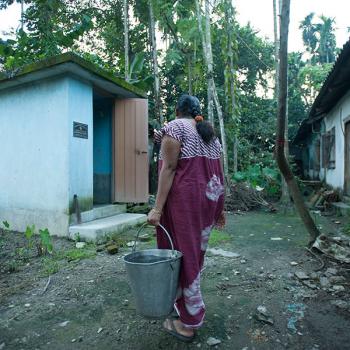
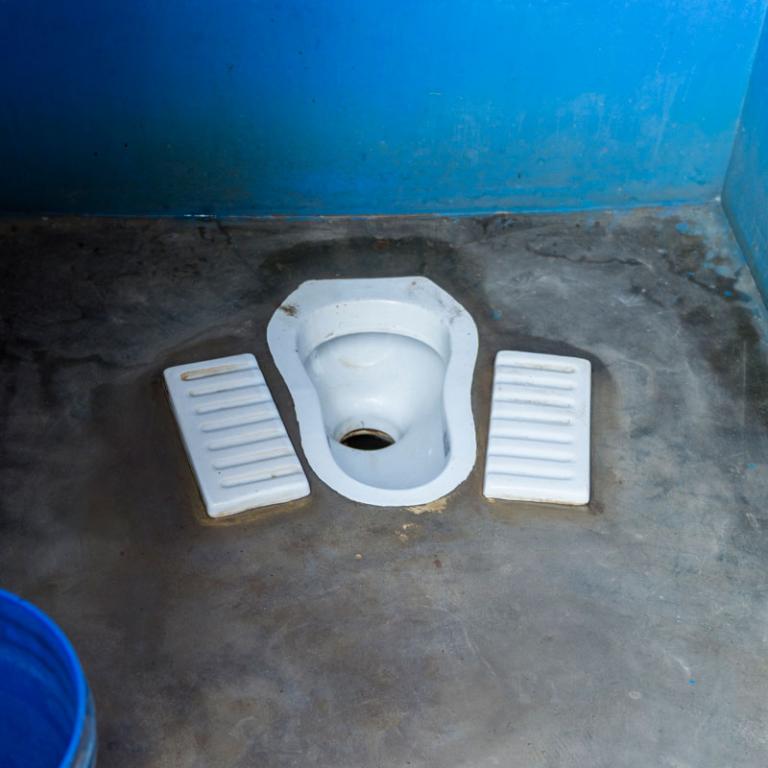
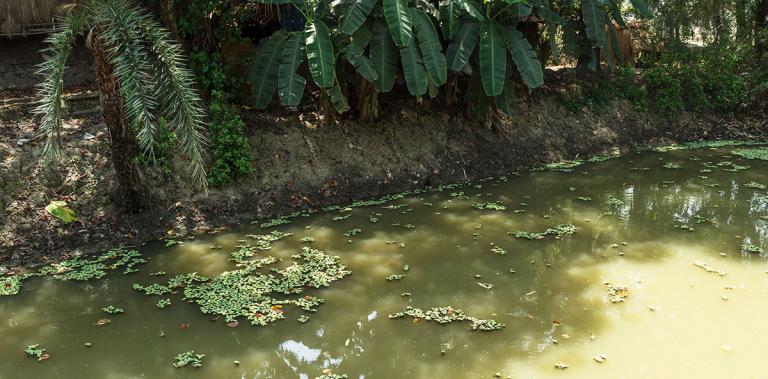
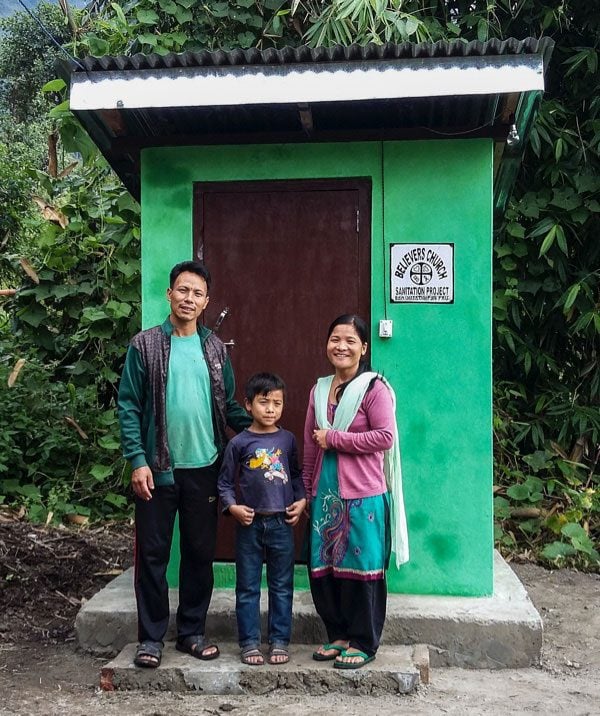
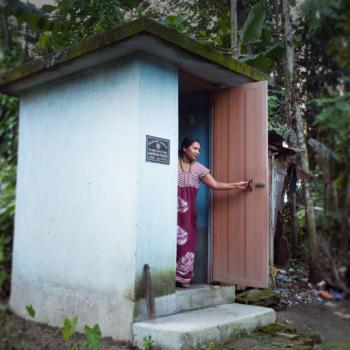









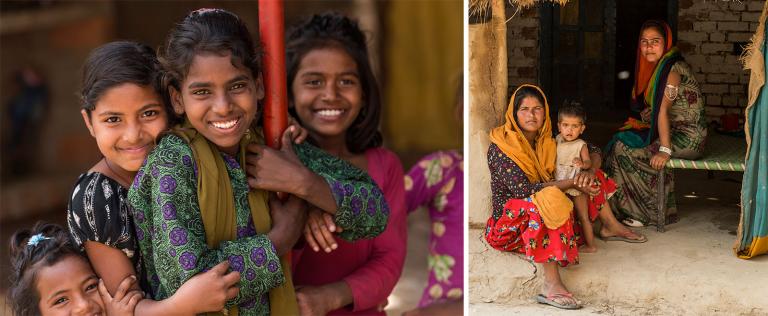
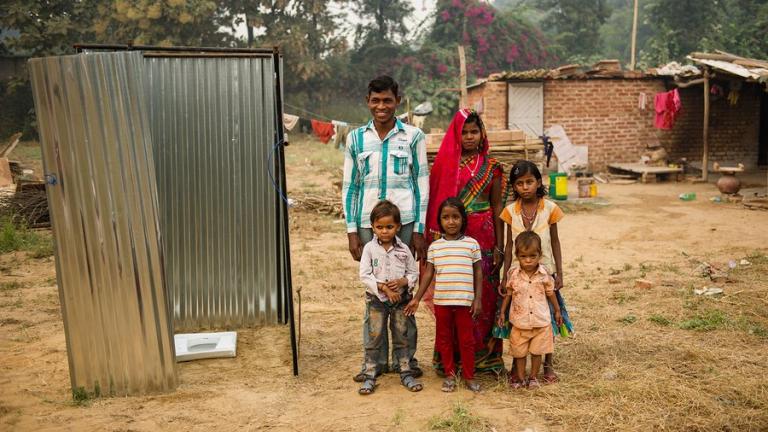
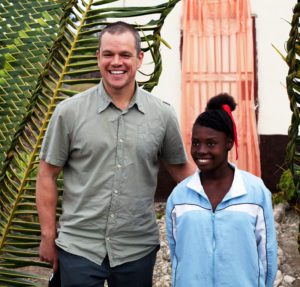

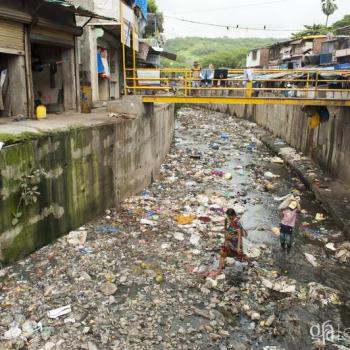
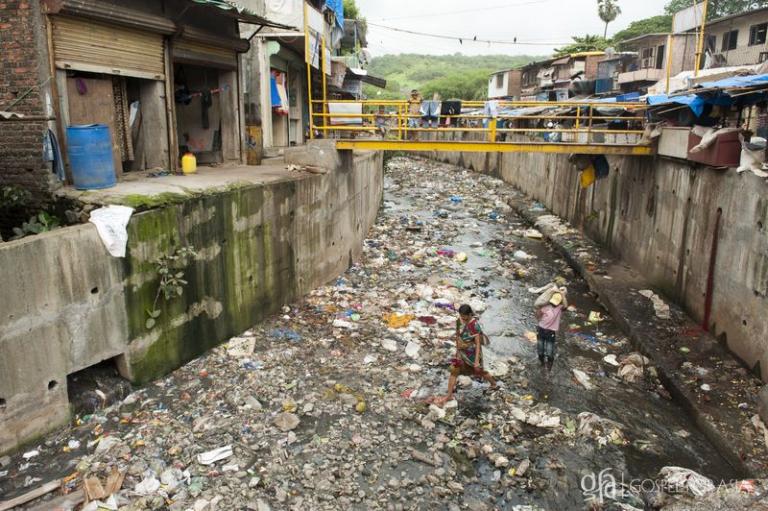
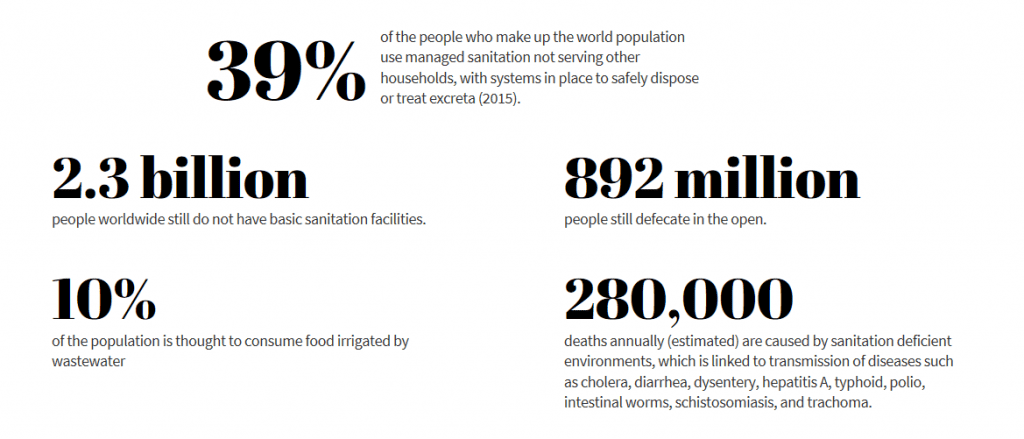
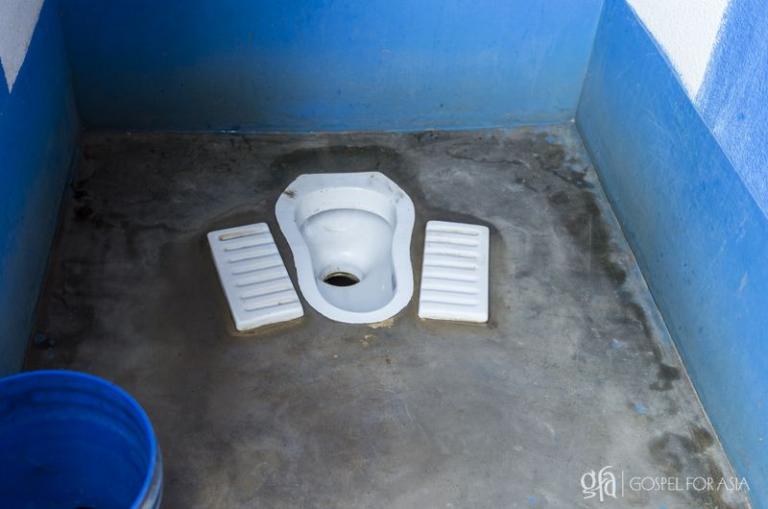
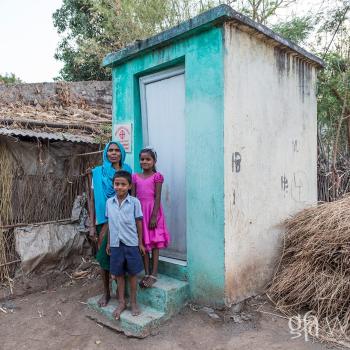
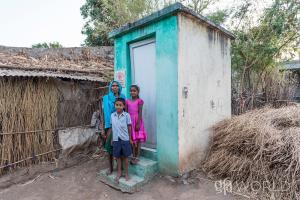
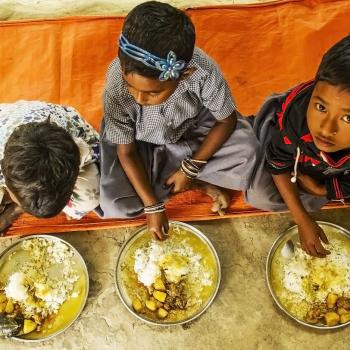
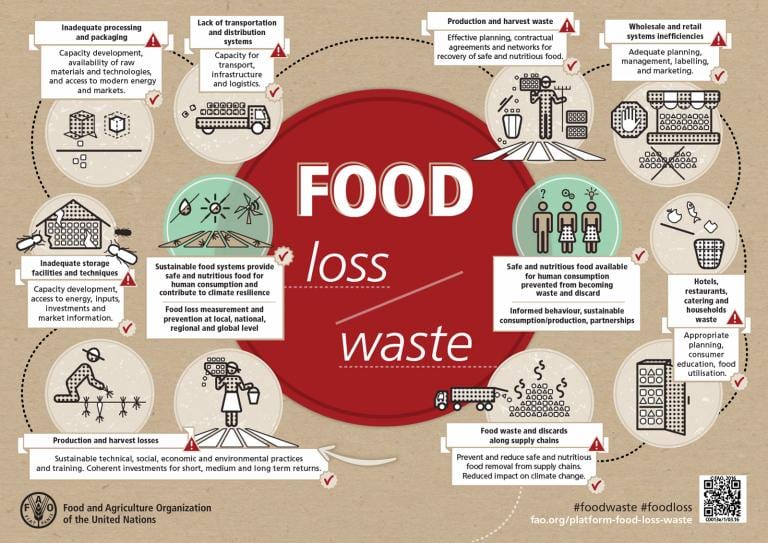
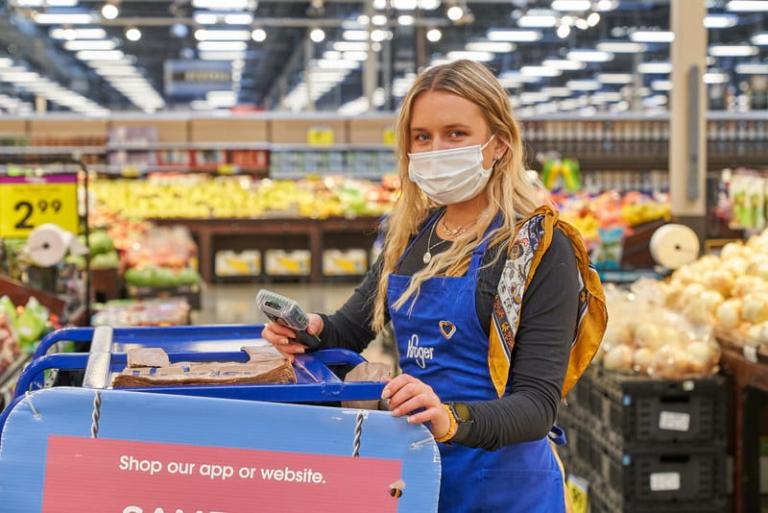

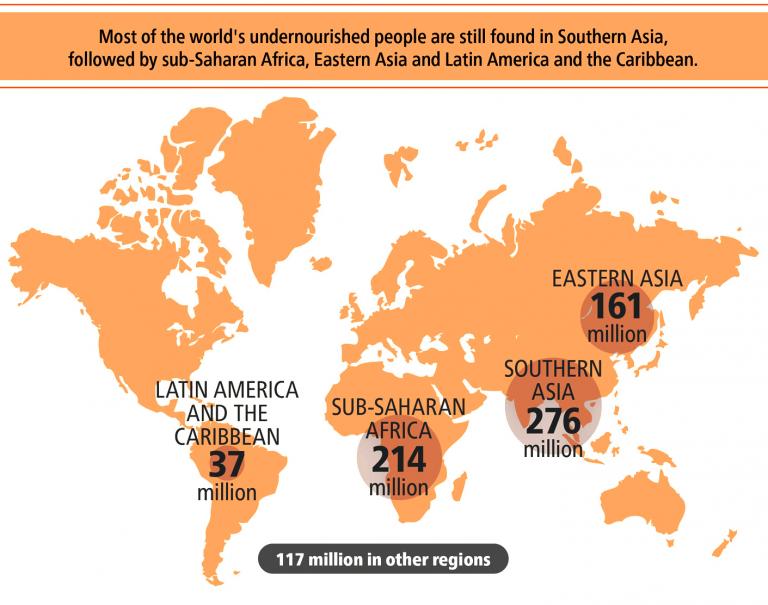
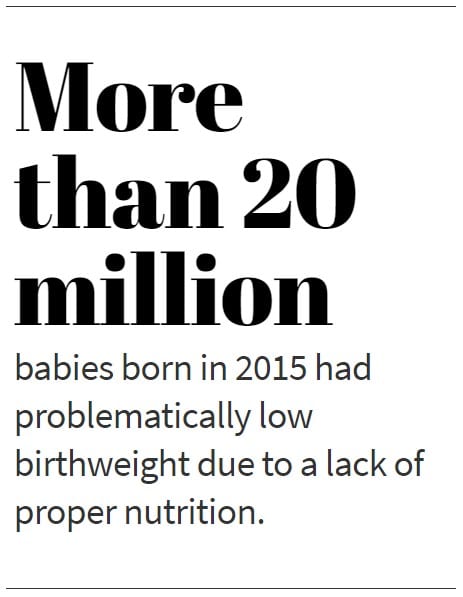 That is why, though it seems almost contradictory, there has been an
That is why, though it seems almost contradictory, there has been an 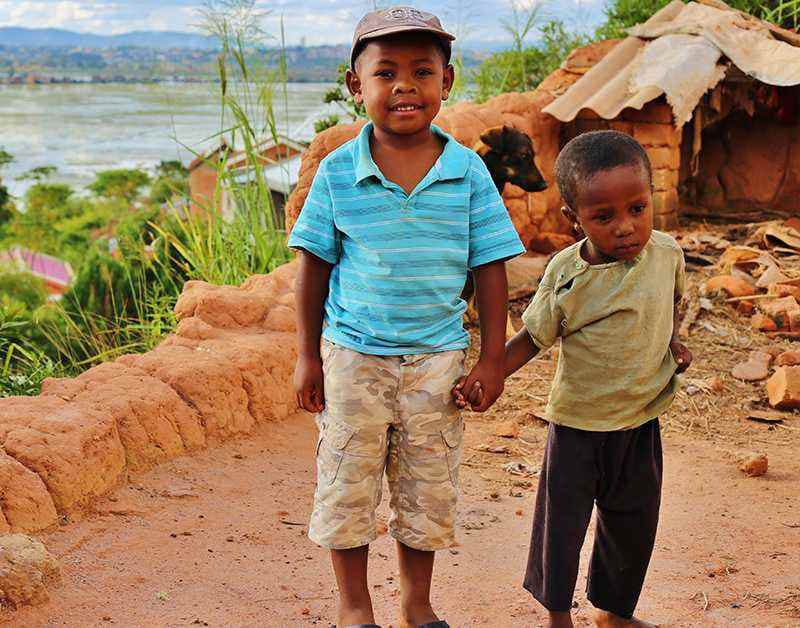
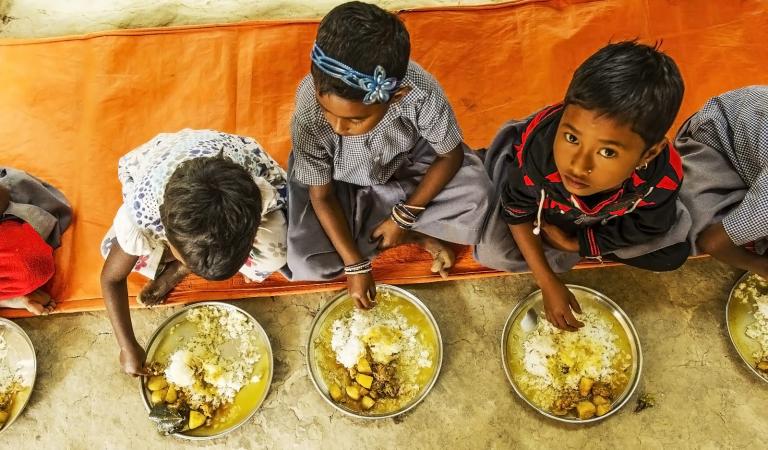
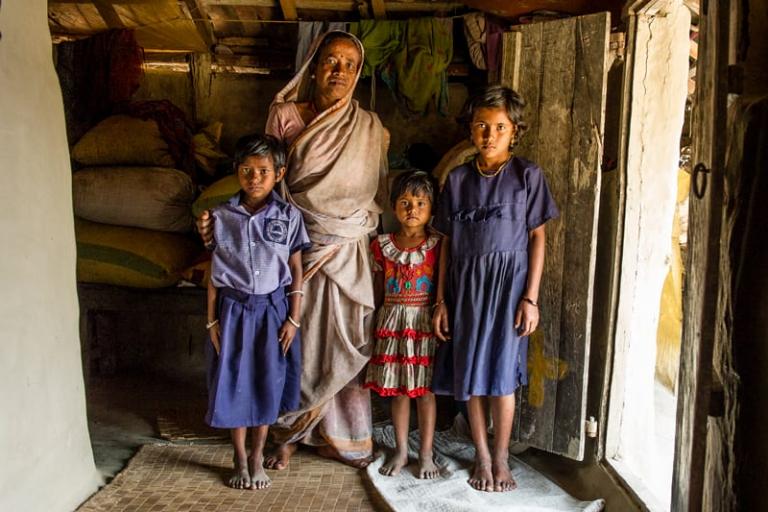
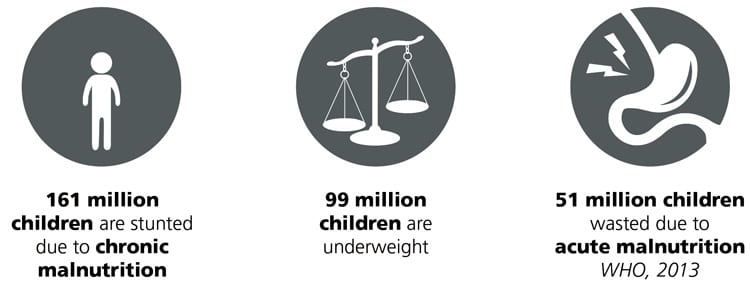
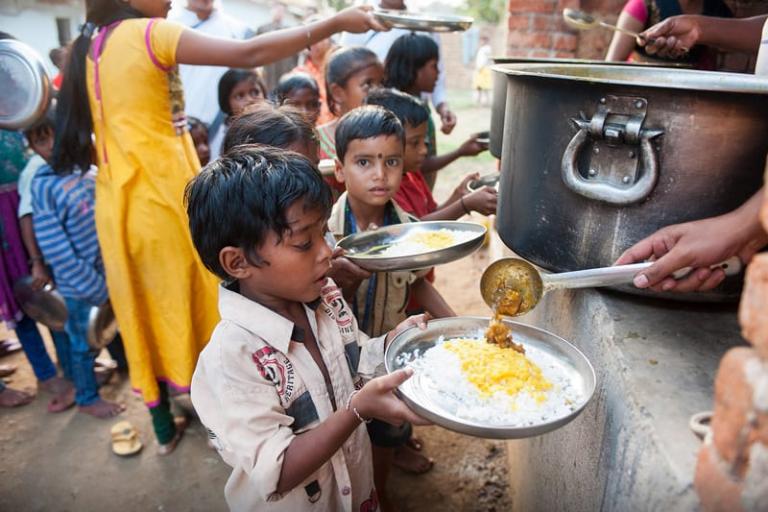
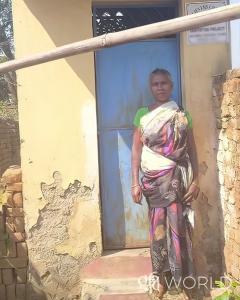
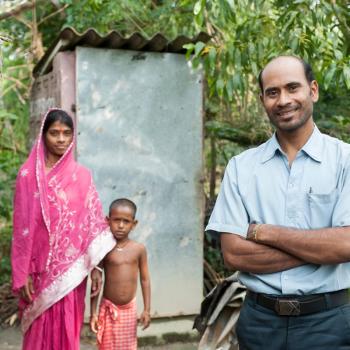
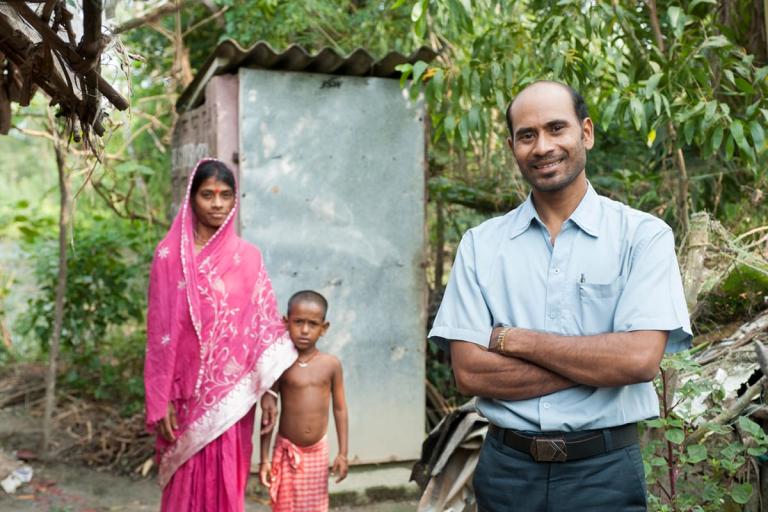

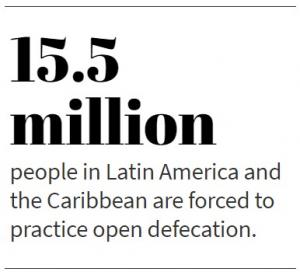 Yet as the UN and numerous governments, non-profits and non-governmental organizations (NGOs) work to eliminate the problem, it even exists on the streets of prosperous America. An October 2019 report by Environmental Justice said without sanitation when and where it is needed, the human right to sanitation for the homeless population has not been realized, leaving valid concerns about the risks of infectious disease transmission.
Yet as the UN and numerous governments, non-profits and non-governmental organizations (NGOs) work to eliminate the problem, it even exists on the streets of prosperous America. An October 2019 report by Environmental Justice said without sanitation when and where it is needed, the human right to sanitation for the homeless population has not been realized, leaving valid concerns about the risks of infectious disease transmission.